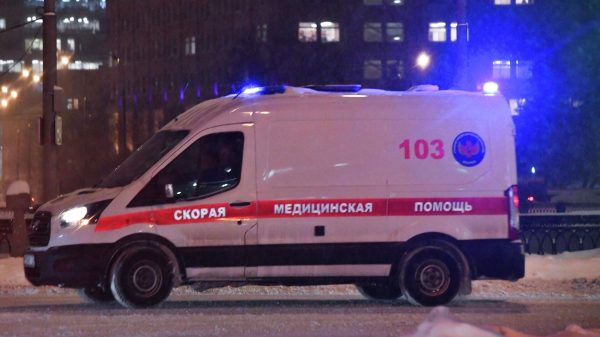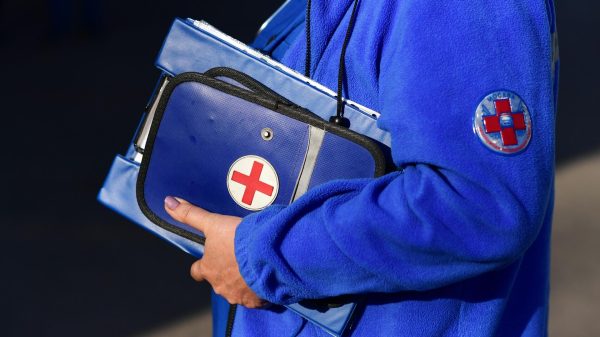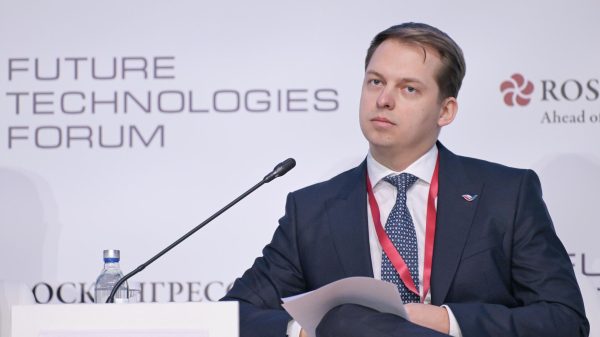For two hours the doctors had waited outside the gates of Kaliti prison in Addis Ababa. Bekele Gerba, a leading Ethiopian opposition figure from the Oromo ethnic group, was very ill and due to be taken to hospital for treatment. The 60-year-old is one of 20 senior political detainees, including the most prominent, Jawar Mohammed, who have been on hunger strike for the past three weeks.
After a flurry of phone calls, the prison authorities informed the waiting medical team that the prisoner, who has hypertension, would not be going to hospital on Friday. “They wouldn’t let us provide the emergency medical care he needs,” said Dr Illili Jamal, who alleged that the order to keep him in his cell came from senior government officials.
But on Tuesday Bekele was given clearance to be transferred to a private hospital for treatment. However, his family claim he was instead apprehended and “forcibly” taken to an army hospital. Illili, who was with him at the time, was briefly detained. By Tuesday evening Bekele had been returned to his cell without treatment.
Bekele and Jawar, of the popular nationalist party, the Oromo Federalist Congress (OFC), are among the high profile figures facing serious charges, including terrorism, over the violent unrest that followed the murder of a popular Oromo musician last June.
It was a major flashpoint in Ethiopia’s troubled political transition, which began in 2018 with the appointment of Abiy Ahmed, the prime minister thought to be a reformist, and has descended into civil war in the northern Tigray region, widespread inter-ethnic violence, armed insurgency in parts of Oromia, and, in recent months, intensifying state repression.
Abiy’s Prosperity party accuses the detainees of playing a role in inciting violence which led to more than 100 deaths in June and July – many, according to the state-appointed human rights commission, killed by rioting mobs. The ruling party strongly denies that any of the detainees are political prisoners.
“There were hundreds of people who have been directly affected by the violence these individuals have instigated and incited,” said Gedion Timothewos Hessebon, the attorney-general, in September. “We have to distinguish between peaceful, lawful political mobilisation and the kind of rhetoric, the kind of ultranationalist, militant, violent political activism that results in death and injury of citizens.”
Others arrested included journalists and influential politicians from across the spectrum, including Eskinder Nega, an opponent of Oromo nationalism with a large support base in Addis Ababa.
Detainees say the arrests were politically motivated with an eye on national elections scheduled for June.
“Anyone who looks at the charges can very clearly see what the intentions of the government are,” said Ibsa Gemeda, one of the defendants’ lawyers. “Ultimately this is a political trial by the Prosperity party to squash Oromo opposition.”
Another lawyer on the defence team was briefly arrested on 1 February, while family members, journalists and activists were later barred from attending a court hearing.
“Authorities should immediately facilitate Oromo political detainees’ access to the urgent and specialised medical treatment they may require and stop harassing their family members and supporters,” said Laetitia Bader, Horn of Africa director at Human Rights Watch. The group has said that the detentions and investigations were marred “by serious due process violations”.
In August, Jawar is said to have become sick in prison. The government accused him of feigning illness in order to drum up support. Four of the detainees including Jawar and Bekele were subsequently granted permission to receive medical care from their own physicians, after the defence’s complaint that their security could not be assured by government medical staff.
On 27 January the group began their hunger strike, which has been followed by scattered protests in various parts of Oromia calling for their release. At least one protester has been killed.
According to their doctors, Jawar and Bekele are beginning to show side-effects including kidney damage. Four of their fellow detainees collapsed last week and were taken to hospital.
“Very close supervision is required to prevent any grave threat to their health and life,” said Ethiopian Human Rights Commission head Daniel Bekele on 5 February. “Reasonably justified demands of the prisoners must be addressed.”
Ethiopia’s leader must answer for the high cost of hidden war in Tigray
Read more
Central to the controversy over the detainees’ fate is the considerable reputation of Jawar, whose record as a politician and activist – which includes founding the now-banned Oromia Media Network – sharply divides Ethiopians.
To his critics he is a demagogue whose nationalist rhetoric has inflamed inter-ethnic relations. The government’s charges against him – none yet proved – include training a terror group in Egypt, the murder of a police officer and intent to topple the government by force.
But for his many supporters he is the figurehead and chief organiser of the Oromo protest movement, which began in late 2014 and later led to the ousting of the previous government, an authoritarian coalition led by the Tigray People’s Liberation Front (TPLF). The TPLF, having been dislodged from the federal government in Addis Ababa, is now at war with Abiy’s administration.
“Here is an icon who fought for years for democracy and helped organise the youth to topple the TPLF-led regime – who is now counting days,” a fellow Oromo activist said. “It’s a hugely consequential story which underscores the unravelling and changing fortunes for Jawar and his millions of supporters.”
Those shifting fortunes include mass arrests, unlawful killings and the forced closure of opposition parties’ offices across Oromia. It also involves the crippling of the anti-government protest movement known as the Qeerroo.
Numerous demonstrations calling for Jawar’s release have had limited impact – a reflection of support, in places, for Abiy and the ferocity of the security crackdown; and divisions within the Oromo movement.
But many fear renewed turmoil should he or his fellow detainees die in prison.
“The consequences would be huge,” said Bahar Oumer, a human rights lawyer based in the US. “I wish the government would reconsider its position and at least make some gesture of conciliation to the opposition, for example by freeing jailed leaders.”
Before her arrest Illili told the Guardian that the hunger strikers have given no indication they intend to change their tactics.
“They are aware of the consequences and they are committed to doing it – they were telling us right up to the last time we saw them that there is no way they will back out. They will go to the last minute.”

















































Свежие комментарии